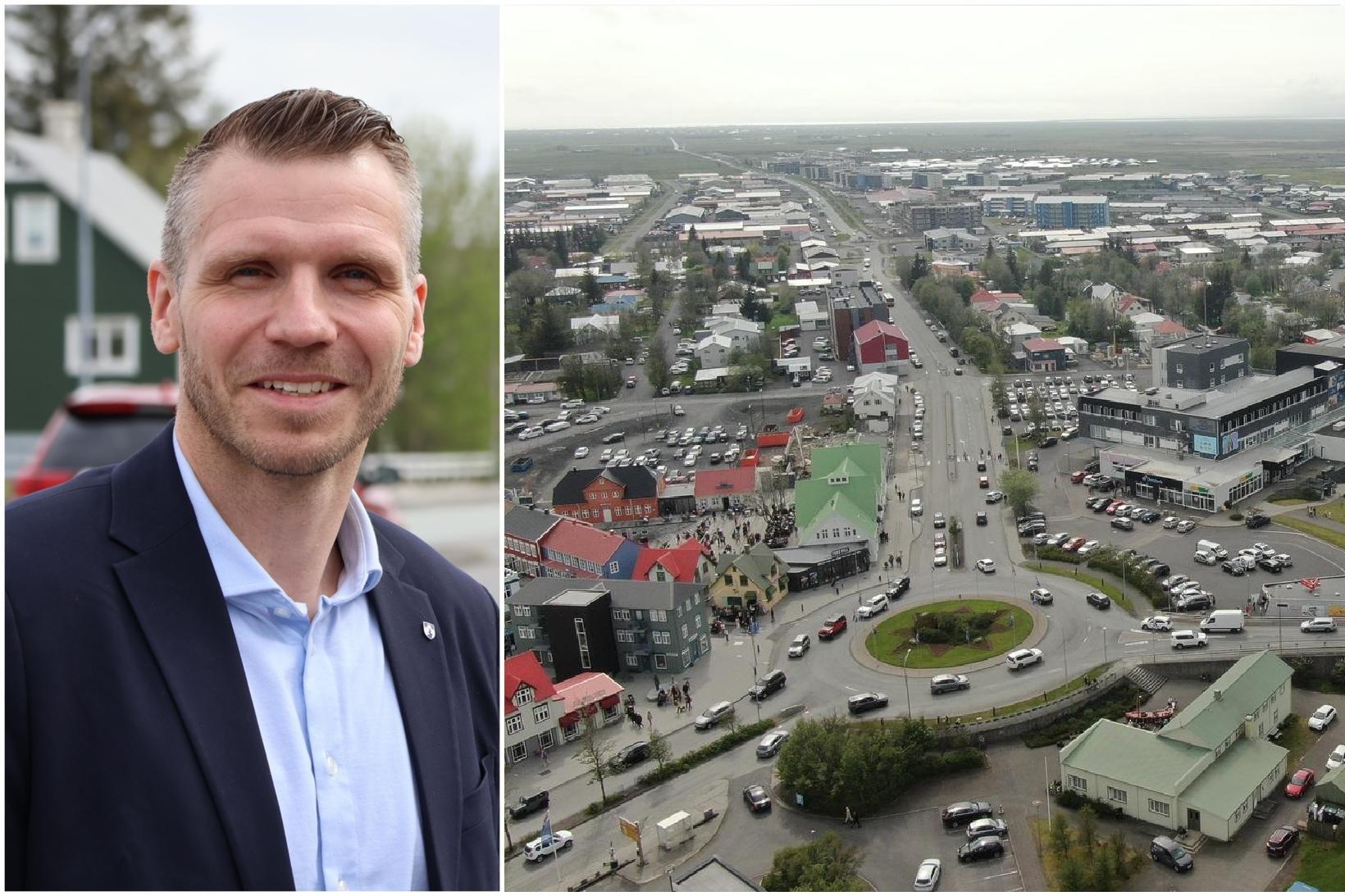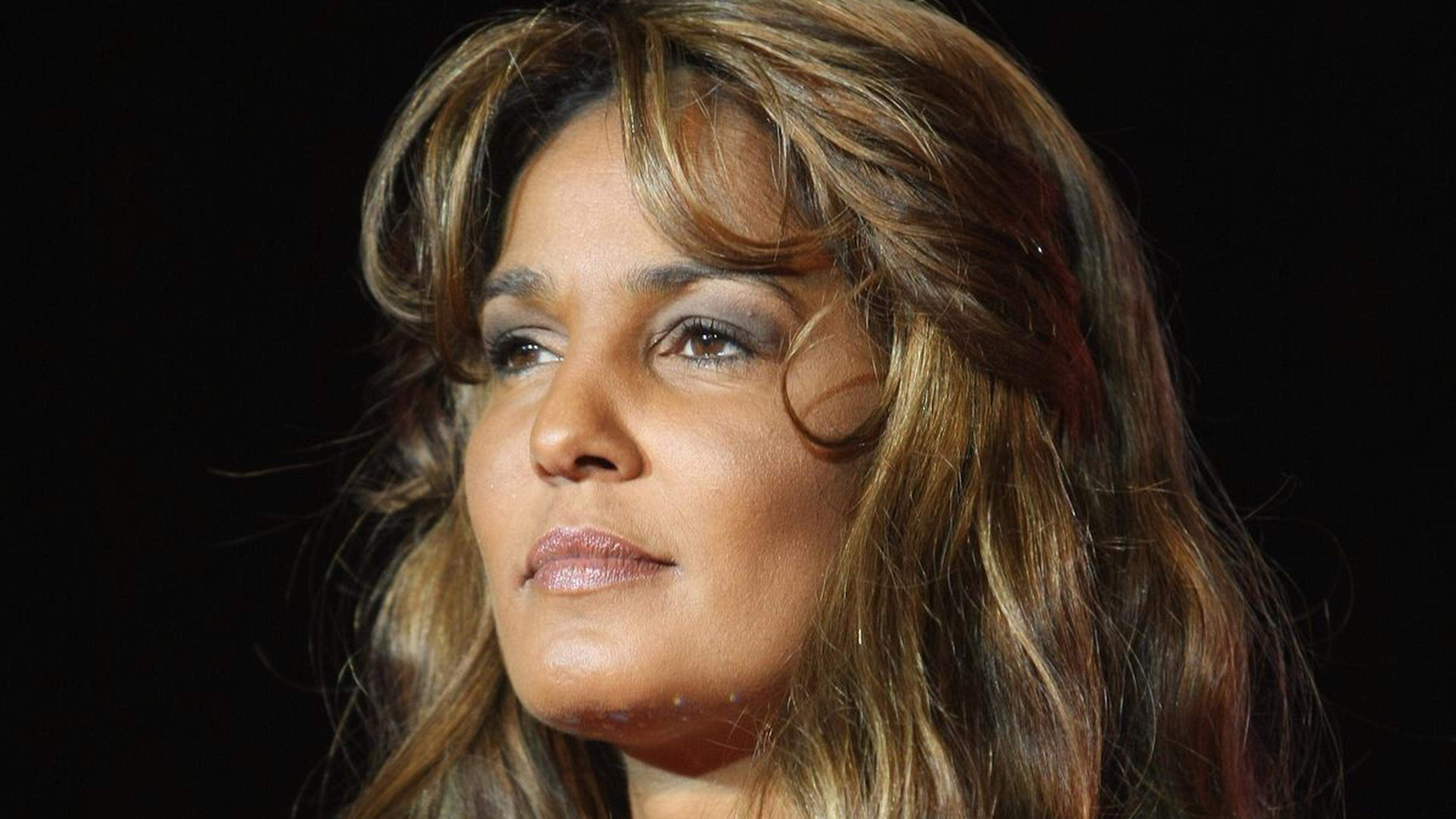« serious » talks for Tehran, « encouraging » for the United States-Liberation

The United States and Iran have completed this Sunday, May 11 in Mascate a fourth cycle of nuclear negotiations, Without announcing a breakthrough but by displaying cautious optimism. In a context of increasing opposition from the United States to the enrichment of uranium by Iran, the Iranian Minister of Foreign Affairs, Abbas Araghchi, and The emissary for the Middle East, Steve Witkoff, have had a new series of discussions via the Omani mediator.
This intervened before A Middle East tour of Donald Trumpwhich will lead him to Saudi Arabia, Qatar and the United Arab Emirates from May 13 to 16. Abbas Araghchi also said that he will go to the United Arab Emirates on Monday on Monday, a few days before the President’s planned visit to the Gulf country.
« The negotiations were much more serious and explicit than the three previous cycles » and they « Advance », said Araghchi. He reaffirmed that his country would continue to enrich uranium and that there was « No room for a compromise » on this subject. But he pointed out that Iran « Could be open to limiting the enrichment rate to help establish confidence. »
The Iranian president, Massoud Pezeshkian, For his part rejected this Sunday evening calls for dismantling the nuclear installations of Iran. The question of « Demantling of all Iranian nuclear installations is unacceptable to us », he cut: « Iran will not give up its peaceful nuclear rights. »
For his part, a senior American official said, on condition of anonymity, that the United States found encouraging « The results of the discussions » and waited « Conspecting the next meeting (…) ».
Launched on April 12, talks aim to conclude a new agreement supposed to prevent Iran from acquiring the atomic weapon, an ambition that Tehran has always denied, in exchange for a lifting of sanctions which paralyze the Iranian economy.
Iran currently enriches uranium at 60 %, Well beyond the limit of 3.67 % set by the 2015 nuclear agreementwhile a rate of 90 % is necessary for military use. Its stocks of fossil matter worry the Western powers.
Westerners, first of all, of which the United States, and Israel suspect Iran to seek to have the atomic weapon, but this country affirms that its program is intended for civil purposes.
In a statement Friday at the far right media Breitbart News, Witkoff had underlined the opposition of the Trump administration at all enrichment. « This means dismantling, the ban on militarization, and that Natanz, Fordo and Ispahan (three enrichment facilities in Iran) must be dismantled. » As for the talks, « If they are not productive on Sunday, they will not continue and we will have to take another path », had he warned.
At negotiations this Sunday, there was an exchange of« Useful and original ideas reflecting a desire to achieve an honorable agreement », said the Omani mediator. And foreign affairs in Tehran have mentioned talks « Difficult but useful for (…) find reasonable and realistic means to overcome divergences ».
Iran said that he would demand the lifting of sanctions on Sunday and the recognition of his right to nuclear energy for peaceful purposes.
After his return to the White House in January, Trump revived His so -called policy of « Maximum pressure » On Iran, targeting in particular the petroleum sector, and pressed the Islamic Republic to negotiate while threatening to bomb it in the event of the failure of diplomacy.
« Pressure is a tactic used in negotiations, it serves as a lever but deeply affects the atmosphere of talks », analyzed Yousuf al Bulushi, who chairs the Omanai Muscat Policy Council Omani reflection group.
During Donald Trump’s first term, The United States retired in 2018 from the agreement in 2015 between Iran and the major powers To supervise the Iranian nuclear program in exchange for lifting international sanctions, making it lapsed.
The 2015 agreement plans to restore international sanctions in the event of non-compliance by Iran of its commitments, an option that expires next October.
Discussions between Iran and the United States, which have not had diplomatic relations since 1980, are the first at this level since the American withdrawal of the nuclear agreement.
Israel reaffirmed this Sunday that Iran, its sworn enemy, should not be able to acquire nuclear weapons. His head of diplomacy, Gideon Saar, warned: « The most dangerous diet should in no case get the most dangerous weapon in the world. »








